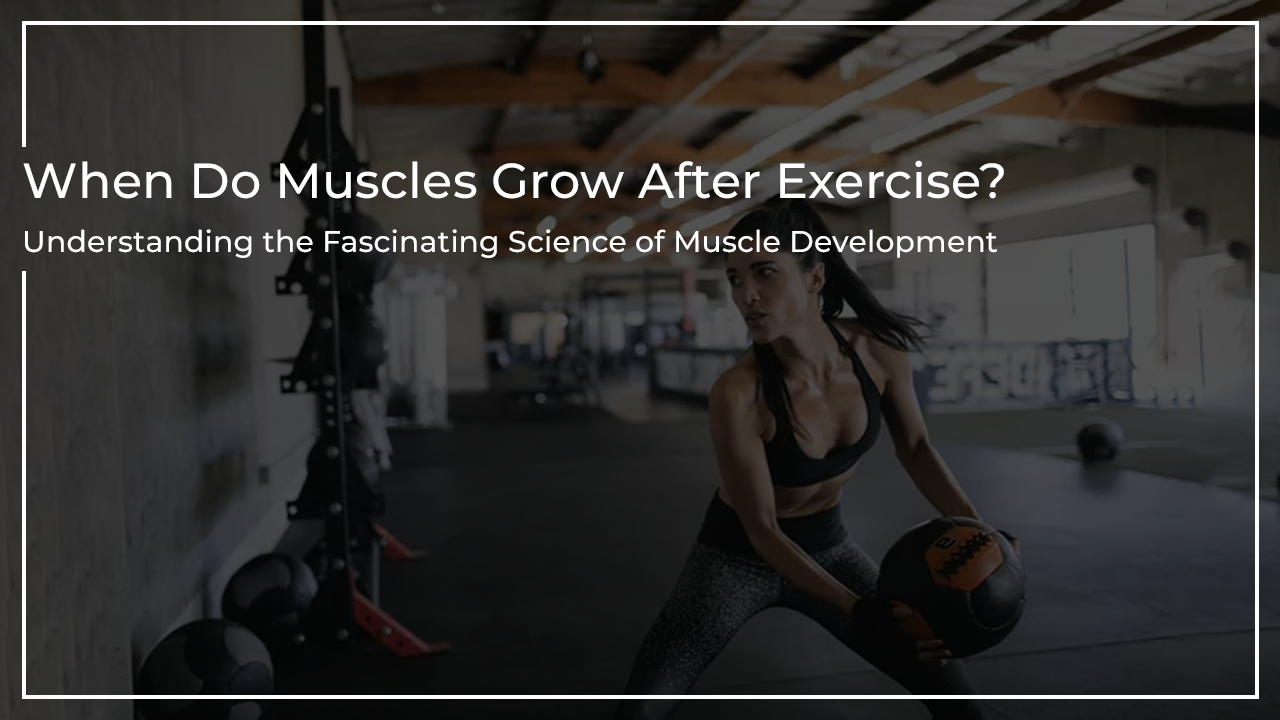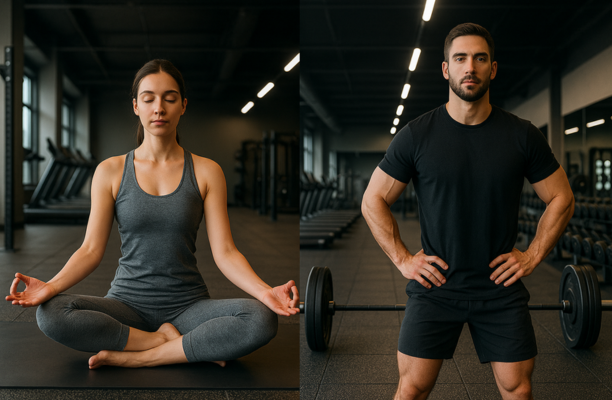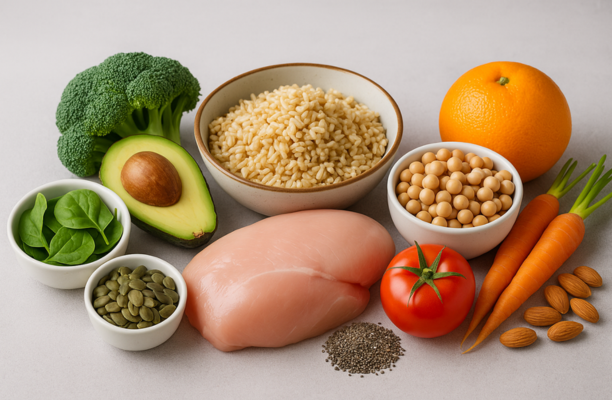
When Do Muscles Grow After Exercise? Understanding the Fascinating Science of Muscle Development
The only thought in mind whenever a person starts doing exercise, workout, or joins gym is – “when do the muscle grow after workout?”
You’ve just finished a tough gym session, and your muscles are tingling with a wonderful burn. But have you ever wondered what happens within your body to cause muscle development during exercise?
Muscle development, also known as hypertrophy, is a fascinating biological phenomena that is influenced by a variety of circumstances. In this article, we’ll look at the science of muscle growth and when muscles genuinely begin to grow after a workout.

Role of physical activity in Muscle Growth
Before getting into muscle growth duration, it’s important to understand how exercise affects muscle development. Microtears in the muscle fibres occur during resistance training, such as weightlifting or bodyweight workouts. These microtears cause little harm, activating your body’s healing reaction.
The Healing and Developing Process
Inflammation Phase – Immediate Response
Muscles enter the inflammatory phase right after the workout. This stage is marked by increased blood flow to the injured areas, which brings vital nutrients and immune cells to repair the damaged muscle fibres. This phase is defined by stiffness and pain in the muscles, which is known as delayed-onset muscular soreness (DOMS).

Repair and regeneration – Activation of Satellite Cells
The body activates satellite cells, which play an important role in muscle repair and development, within the first 24 to 48 hours. These satellite cells connect to injured muscle fibres, helping in healing and growth, contributing to muscular hypertrophy.

Protein Synthesis – Building Muscle proteins
The body begins protein synthesis 24 to 48 hours after exercise. Protein synthesis is the process of creating new muscle proteins to replace those that have been destroyed and to promote muscular development. Getting enough protein in your diet is essential during this period since it provides the building elements for muscle repair and development.

Muscle recovery and adaptation – 48 to 72 hours
Your muscles continue to recover and adapt to the stress generated on them during exercise for 48 to 72 hours after your activity. This procedure is essential for increasing muscular strength and endurance, which will allow you to carry heavier weights during future sessions.

The time of muscle development following an exercise might vary depending on a number of factors, including:
Exercise Intensity: Higher-intensity exercises may cause more microtears and, as a result, a greater muscle growth response.
Exercise Frequency: Maintaining consistency is essential. Resistance exercise on a regular basis, with enough recovery between sessions, promotes healthy muscular growth.
Nutrition: A diet high in carbohydrates, protein, and healthy fats supplies your body with the nutrition it requires to repair and develop muscle tissue.
Sleep and Rest: Adequate rest and sleep are essential for muscle healing and development. Aim for 7-9 hours of uninterrupted sleep every night.
Muscle growth is a dynamic process that happens in response to muscular tension during exercise. The first inflammatory reaction, repair and regeneration, protein synthesis, muscle recovery and adaptation, and muscle recovery and adaptation all contribute to the extraordinary process of muscle development after an exercise. Understanding these stages will help you boost your training regimen, provide your body with the proper nutrition, and efficiently reach your muscle-building goals.

Keep in mind that consistency, good diet, and sufficient sleep are all important elements in encouraging muscular growth. Listen to your body, give yourself time to heal, and appreciate the incredible changes that occur within you as you begin your fitness journey. Good luck with your lifting!







